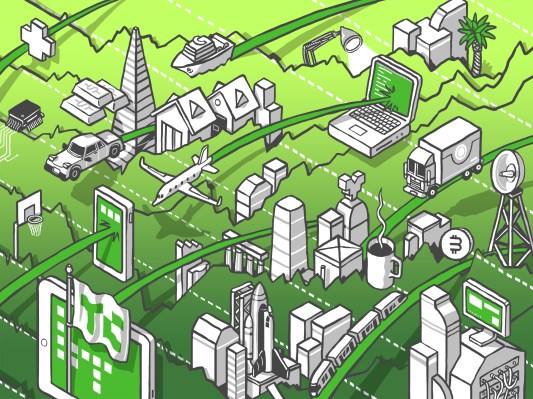Germany’s Delivery Hero is set to become Glovo’s majority shareholder following a deal to acquire an additional 39.4% stake of the Spanish delivery startup, of which it already held 44%.
We learned of the deal over the holidays, but you’ll be excused if you missed the news when it broke — the deal was announced on December 31 after 11 p.m. CET, much to the annoyance of Spanish reporters. “If they have no consideration for their delivery workers, [why would they have any] for the press?” El Confidencial’s Michael McLoughlin ironized on Twitter.
The Exchange explores startups, markets and money.
Read it every morning on TechCrunch+ or get The Exchange newsletter every Saturday.
But let’s not let inside baseball get in the way: The transaction is an interesting piece of news from a number of perspectives. This morning, we’ll dig into a number of them, including the current pace of on-demand startup consolidation, the power of geographic expansion in the two companies’ market and why Glovo didn’t go public as it once targeted.
 Delivery Hero has a call next week with investors regarding the deal, but it was kind enough to drop a short presentation on the transaction, so we have extra ammo to play with. Let’s get into it!
Delivery Hero has a call next week with investors regarding the deal, but it was kind enough to drop a short presentation on the transaction, so we have extra ammo to play with. Let’s get into it!
On-demand consolidation
The key historical context for the Delivery Hero-Glovo deal is DoorDash’s recent agreement to buy food delivery company Wolt for €7 billion, or around $8.1 billion. Wolt is a Finnish company, but with a wide geographic footprint. At the time of the DoorDash deal, TechCrunch wrote that Wolt “has over 4,000 employees across 23 countries.”
Glovo is also active in a host of markets, a feat that it notably achieved at least in part thanks to acquisitions. The company bought brands from, of all companies, Delivery Hero in 2021, when the Spanish company acquired brands from its new parent company for €170 million. But that was not the end of Glovo’s 2021 deal spree.
